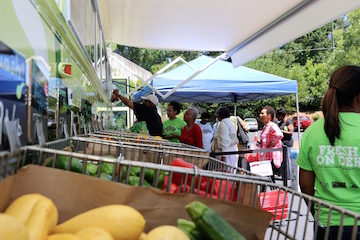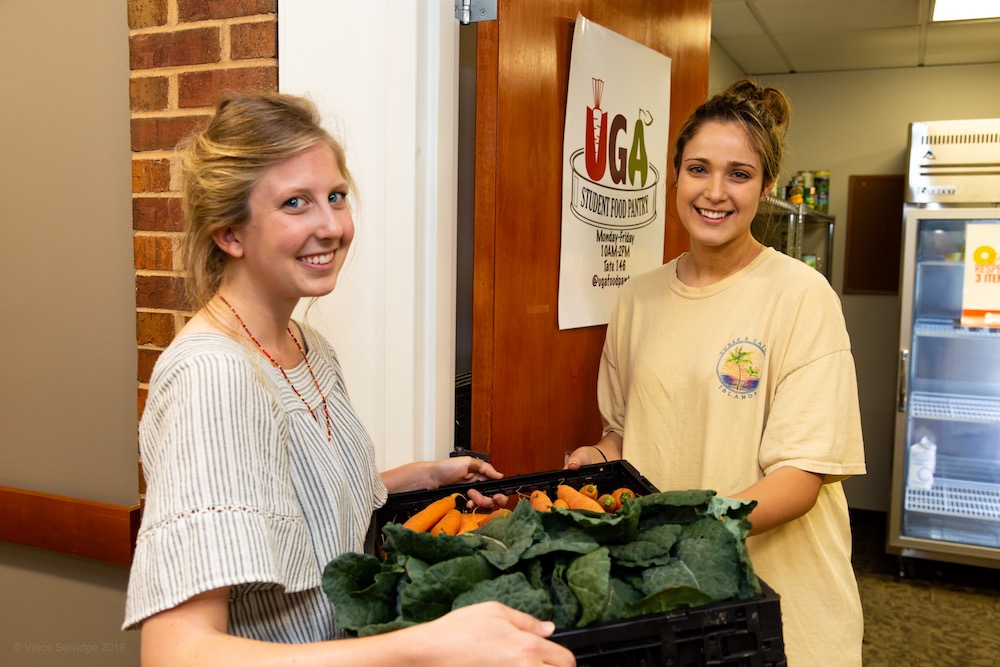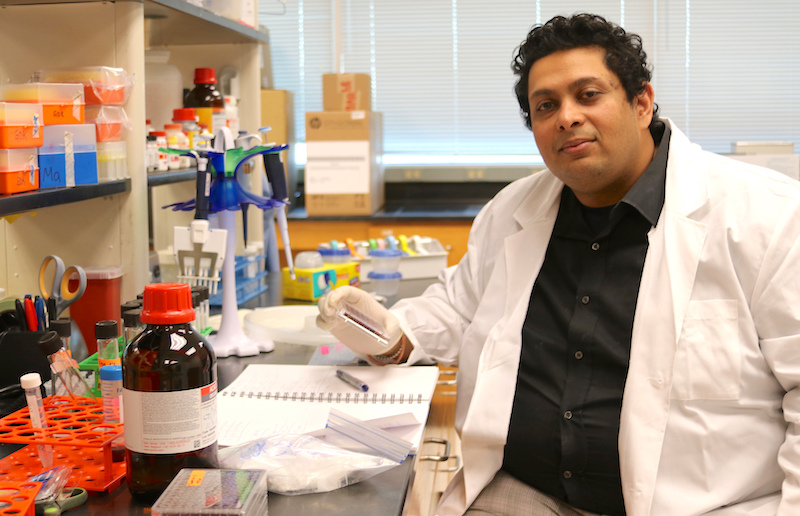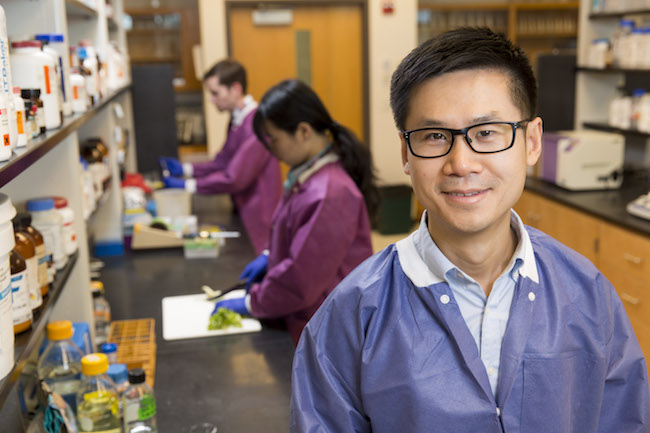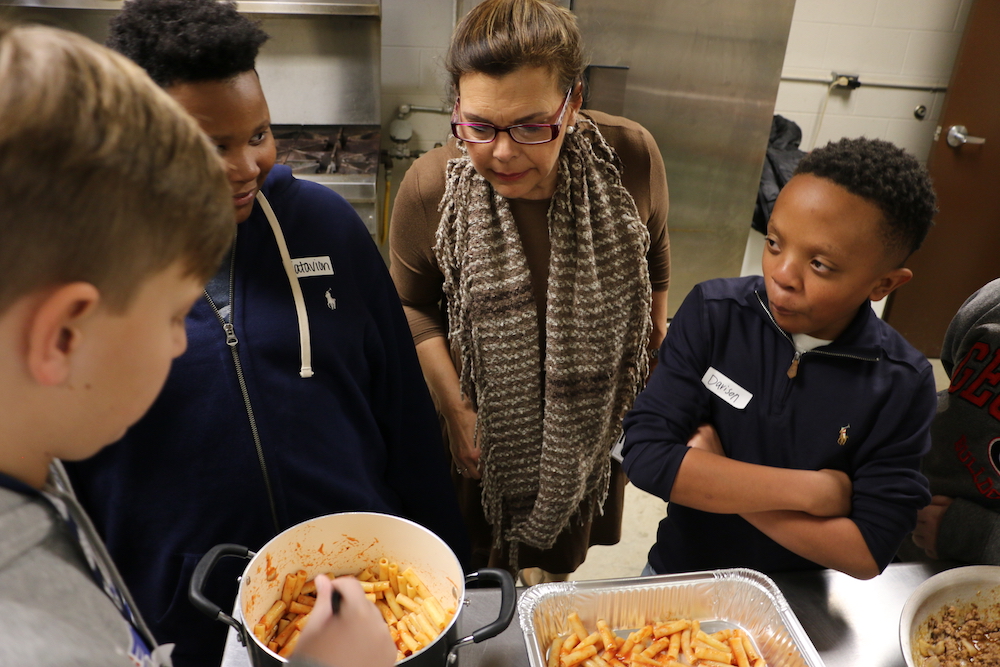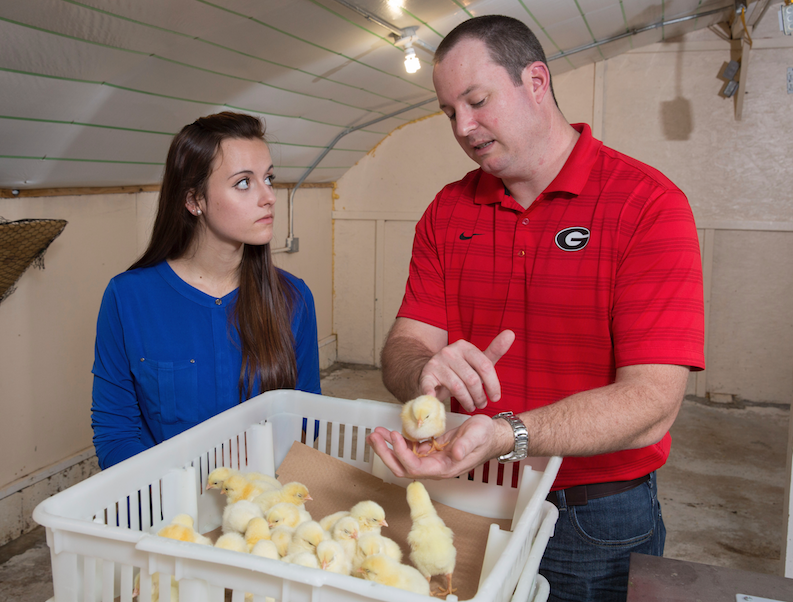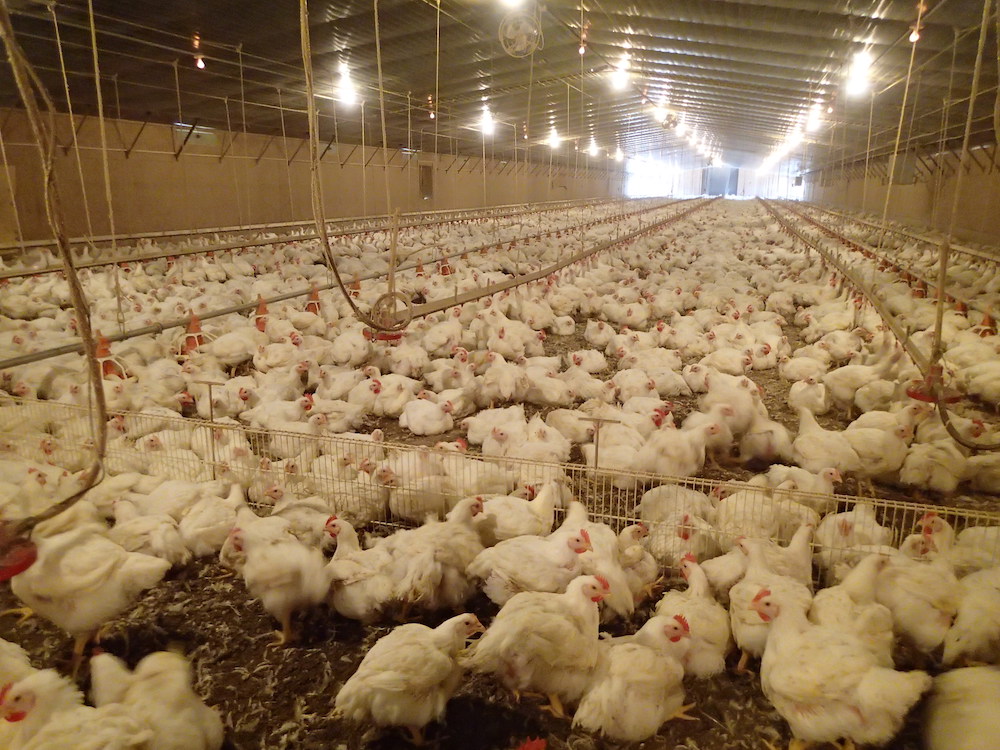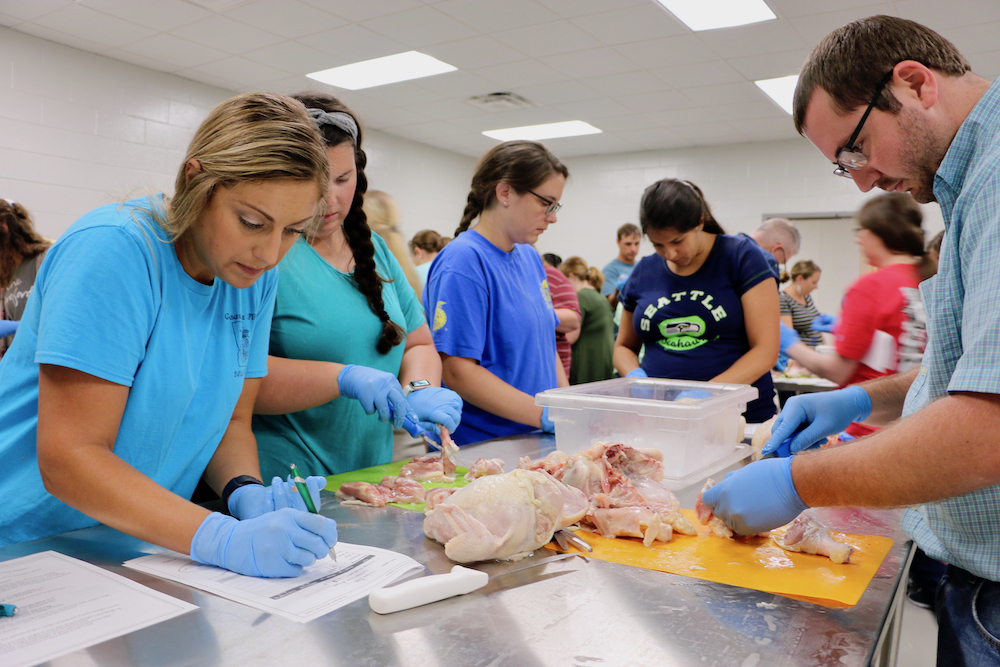 CAES News
CAES News
Avian Academy
Chickens are a vital part of Georgia’s economy and the state’s agricultural heritage. And thanks to a University of Georgia program for teachers, chickens will be helping middle school and high school teachers educate students in Georgia classrooms.

